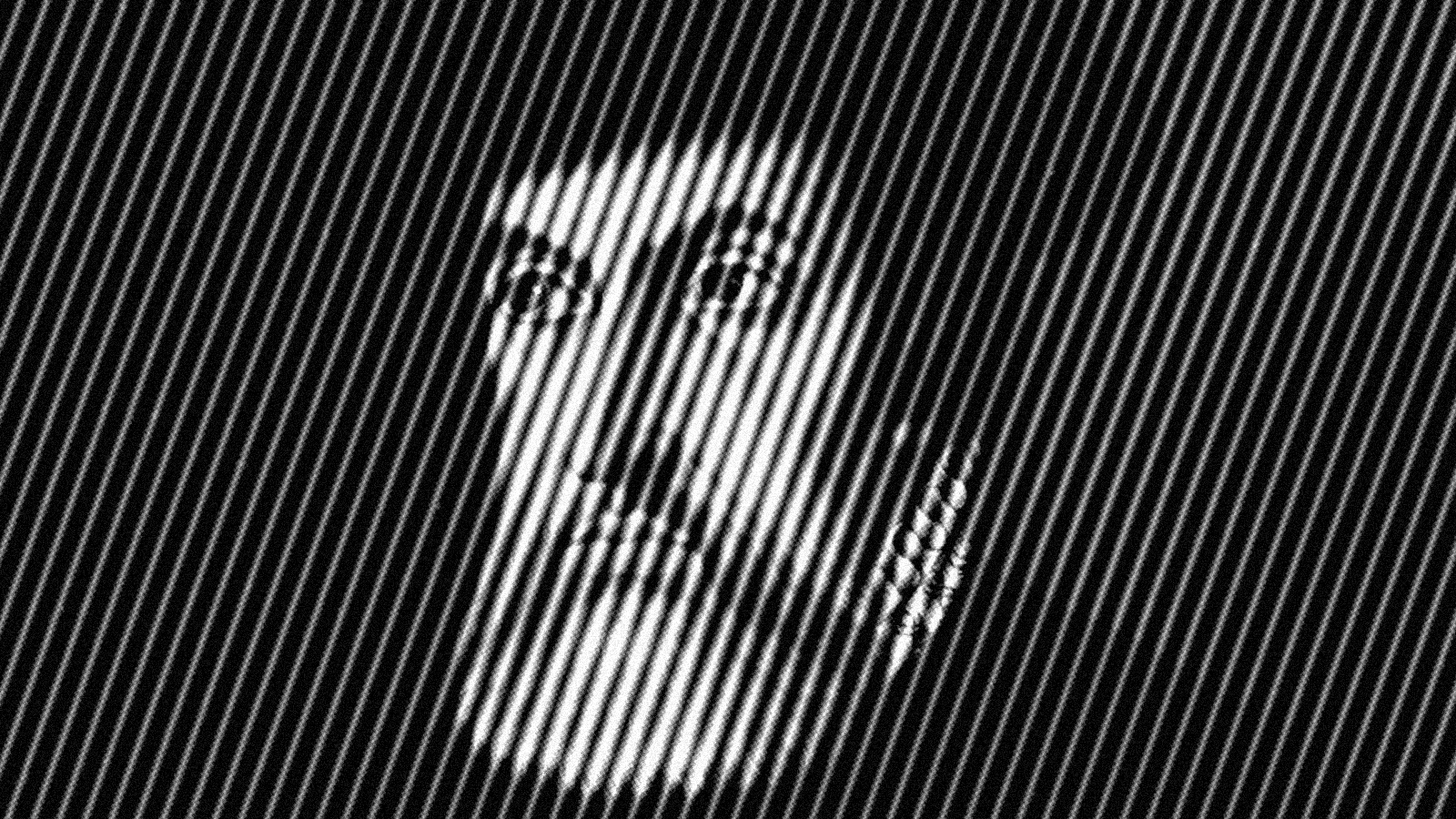
As the embryo of the venture-backed startup, the joint-stock corporation was one of the factors that unleashed the industrial revolution.
But if the joint-stock corporation did not appear until 1551 in England, then how was it possible for Hernán Cortés to organize 500 men and 11 ships to conquer Mexico on a for-profit basis?
The Spanish Crown did not directly initiate such ventures. It didn't even invest in them, with a few exceptions. With the support of papal bulls, the Crown was entitled to rule over territories that were "donated" to it. It facilitated a kind of marketplace within which explorers could raise money and form imperfect contracts, with all parties trusting that they would receive their fair share in the event of a successful conquest. The Crown was essentially a market-maker for a decentralized exchange. Here is how Vitus Huber puts it in The Spiral of Spoils:
"Most expeditions sailing to the ‘New World’ were initiated ‘from below.’ This is of chief importance, as the inexistence of fixed salaries led to a specific multi-layered agreement between the Crown and future conquistadors. Hence, questions arise as to how the conditions were determined under which the Spaniards were to expand their hegemony westward. How were the expected profits to be shared and how did these agreements influence the dynamics of the events?... After Columbus’s initial failure to reach the Indies, the Crown refrained from investing too many resources in further seaborne adventures. Rather than fitting out ships and men from its own state treasury, it simply legitimized the enterprise. ‘Private’ men—and one woman—made a proposal to the Crown to explore or subjugate a certain area. Where this was met with a positive response the two parties negotiated a capitulación, a kind of license or privilege."
Information problems abounded. For instance, how would the relative contributions of soldiers be measured? Higher quality soldiers required a greater share of equity, as did those who brought horses or superior armor. Aristocrats had a right to a larger share than commoners because they represented superior capital stock (personas de calidad, honradas, or de mérito). This rule was more egalitarian than it sounds because commoners were welcome to generate proofs-of-work for their previously unmeasured qualities. If they were particularly brave or effective, they would be paid out greater equity than they initially bargained for.
How was such rich, market-like behavior possible given that history had not yet unlocked the critical infrastructure required for efficient capital formation?
Backed by shared faith in the same God, all parties expected the Crown to balance accounts according to a shared standard of truth (specifically, the medieval norm of Aristotelian distributive justice, or roughly, to each according to their merit).
Remarkably, the Crown seems to have replicated a market-clearing process manually, through many discrete extractions of signal from noise. After a conquest, all parties could submit details of their case to request additional payment. The Crown was incentivized to distribute pay justly, to encourage further conquest. Consider one representative example, a soldier from the Cortés expedition named Villarroel:
"He claimed that he had served in Tierra Firme for about three years and been appointed standard-bearer of Cortés’s campaign in Cuba, where he allegedly served with two to three horses, his armor, and his squires... While his nine witnesses did not approve all his claims, they did support his main complaints... The high rank of the witnesses... belonged to the upper social stratum of the conquistadors. Rather than a real proof, their presence demonstrated the petitioner’s intact social network and signaled to the Crown social acceptance toward potential rewards for the petitioner. The Crown had hence to eliminate the discrepancy between Villarroel’s deeds and aristocratic status and the insufficient rewards by improving his situation through an office or encomienda." [Emphasis mine.]
Before the formalization of joint-stock ventures, the Spanish built an imperial, multi-continental information market with nothing but proofs-of-work and networks of aristocratic judgment backstopped by God.
To understand where the future is going, imagine if Villarroel had real proofs.
If the Crown could support a profitable and self-multiplying "spiral of spoils" in the absence of effective institutions, using a most haphazard network of paper trails and personal attestations, imagine what a modern civilization might achieve with digital networks of verifiable proofs.
Subscribe to receive future posts by email.
